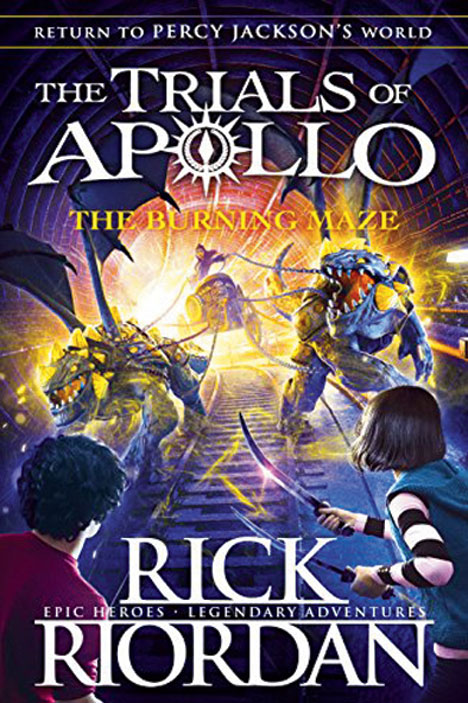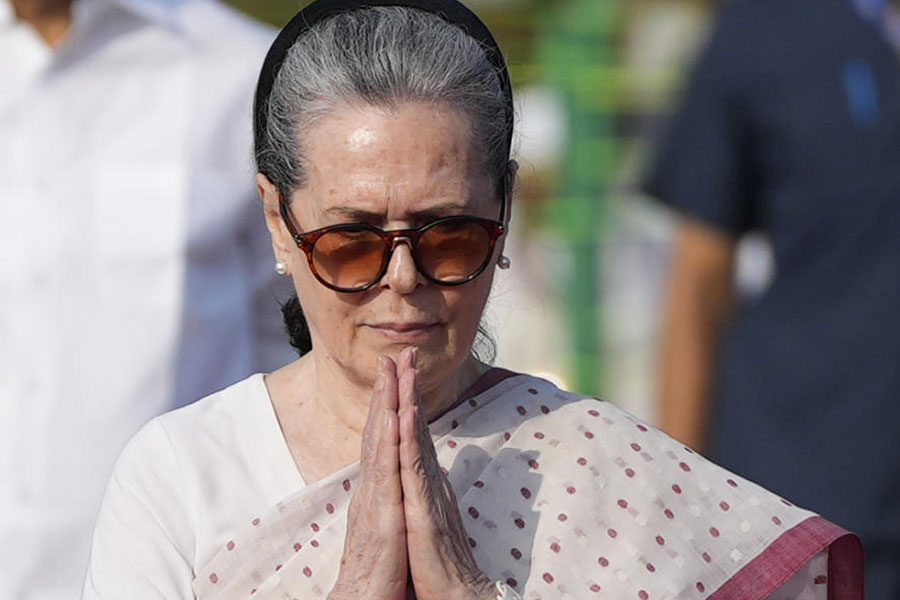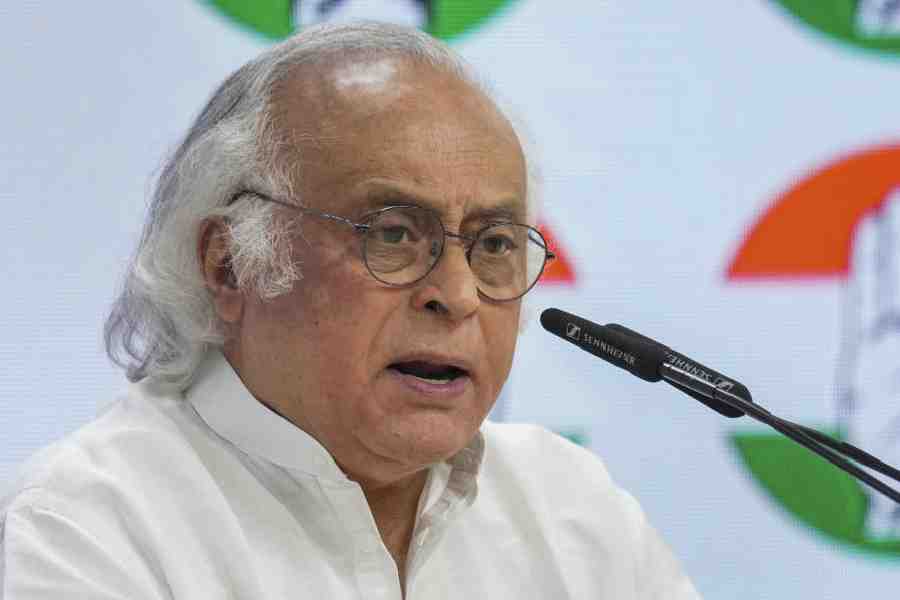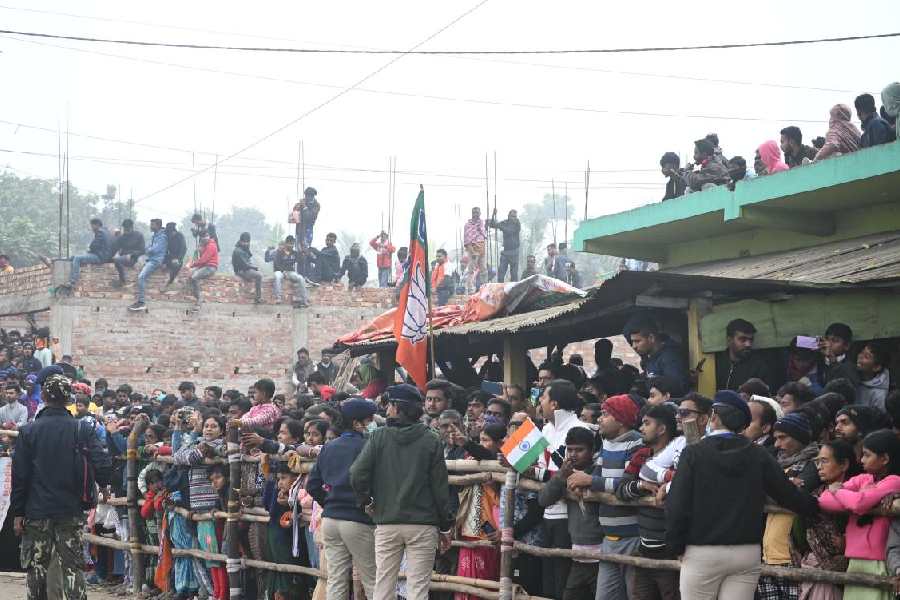
The world’s most unlikely hero, Lester Papadopoulos, or the God Apollo in the human form of a pimply and chubby teenage body if you will, is back and on the way to free the third Oracle from the evil emperors in the third The Trials of Apollo book The Burning Maze. And right from the very first haiku we are rushed headlong into that journey, with Meg and Grover Underwood.
The trio find themselves in the Labyrinth and is busy running from one disaster to another, fighting monsters and for their lives. The opening dedication of the book — “To Melpomene, the Muse of Tragedy, I hope you’re pleased with yourself” — should have clued the reader in as to what to expect in the book. While most of it went along the predictable lines — there is Grover being Grover, horrible new creatures (who thinks up creatures who can be destroyed by strawberries?!), duct tape, shrapnel-spitting satyr babies, arrows that talk in Shakesperean English, plant attacks and more Rick Riordan adventure-with-healthy-dose-of-the-ridiculous goodness — you certainly aren’t prepared for a certain break-up (we can’t believe that we spent so much time invested in them only for them to have broken up!) and the death of a major character that comes out of nowhere and destroys a little bit of enjoyment you had reading some of the other series set in the same world.
That’s all we are saying since spilling anything more would spoil the book. We would just like to add that we think the death, if not absolutely unnecessary, felt like a disservice to the character because it just doesn’t seem to have the same impact as say the deaths of Zoe and Bianca or even Luke. We think this character deserved better, though we are sure the death will have a far greater fallout in the rest of the series.
Caligula, the third evil Roman emperor and the primary villain of this book, is pretty menacing, though devoid of the sense of impending doom that made Riordan’s villains like Gaia and Kronos stand out.
The pace of the story does falter in places and the lack of Leo Valdez is seriously felt. But Apollo does go through quite a bit of transformation thanks to the events of the book — “Tragedy. Disaster. Heartbreak.” — and has come far from the self-absorbed, whiny, not-God we first met though he has a long way to go. But that’s also something special about Riordan’s heroes. They are not always good and wholesome, but they are almost always very human.










